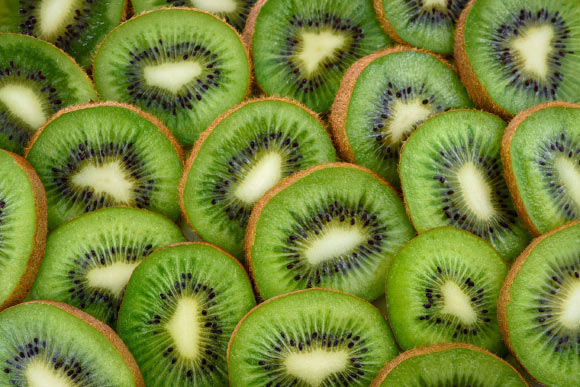Foods rich in vitamin C can improve mood; however, the timecourse of these benefits is unknown. In new research, scientists from the University of Auckland and the University of Otago utilized intensive smartphone surveys from a three-armed placebo-controlled trial to determine mood-related changes following supplementation with kiwifruit, vitamin C or a placebo.
A healthy diet rich in fruits and vegetables has been linked to better mental well-being.
Critically, diets rich in nutrient-dense fruits and vegetables may causally benefit mental health by lowering depressed mood or improving well-being.
Although the biochemical pathways linking fruits and vegetables to psychological symptoms are likely to be varied and complex, one vitamin that may contribute to such changes is vitamin C.
Vitamin C is involved in synthesizing neurotransmitters, peptide hormones and acts as a catalyst for several enzymes, all of which are required to maintain and promote healthy brain functioning, including mood.
Kiwifruit is an excellent source of vitamin C, which has shown a dose-dependent reduction in depression and total mood disturbance in young men who consume low levels of fruit and vegetables.
Previously, University of Otago’s Professor Tamlin Conner and colleagues demonstrated that two kiwifruit a day can promote markers of subjective vitality after two weeks of supplementation.
Improvements were similar for participants supplemented with vitamin C, though the greatest improvements occurred in participants with low vitamin C levels at baseline.
However, limited research has assessed how quickly mood improvements occur after introducing vitamin C supplements or whole food sources.
“Our new findings provide a tangible and accessible way for people to support their mental well-being,” Professor Conner said.
“It’s great for people to know that small changes in their diet, like adding kiwifruit, could make a difference in how they feel every day.”
The researchers…
Read the full article here







